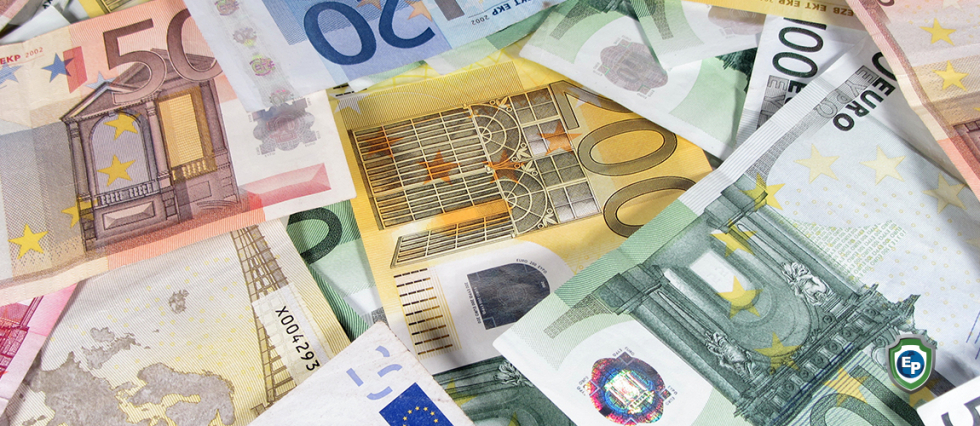Monetary Policy, Exchange Rate Regime, and SMEs
To be successful, SMEs need to be aware of exchange rate fluctuations and general monetary policy, and have some knowledge of international trade. Learn more here!

Being involved in international trade requires SMEs to watch the changes in exchange rates. SMEs have limited financial resources; therefore, avoiding the exchange rate is critical for them. SMEs' financial management capacity is also limited, and many of them cannot implement complex financial management strategies, including options and other financial tools. Although some SMEs use financial services provided by professionals and financial institutions to have relatively more complex financial management, SMEs, in general, implement simple strategies. Making a reasonable estimate of the changes in foreign exchange markets is quite critical for SMEs to avoid any possible foreign exchange rate risk.
Several factors are influencing foreign exchange rates between two national currencies, both directly or indirectly. Theoretically, free foreign exchange markets are preferred for a desired level of efficiency. In other words, economic agents in the markets can foresee the direction of the changes in foreign exchange rates relatively straightforward in a free market. However, some governments prefer controlling or influencing foreign exchange rates explicitly or implicitly to gain some advantage in international trade. The specific intervention is clear for everybody, and it might be possible to take some measures to avoid high risk. The implicit interventions through monetary policies or implementing dirty exchange rate regimes create uncertainty for SMEs. Developing a capacity to understand fiscal policies, money markets, and how the exchange rate regime is managed is very crucial for SMEs involving in international trade.

In recent years, the developing countries have been struggling against the large international trade deficits. The primary weapon to minimize the trade deficit is to increase exports. Considering that the economic structures of the developing nations are not stable and reliable, the SMEs from these countries need some help to improve their exports. In this case, many of these countries are using foreign exchange policies to maximize their exports. On the other side, some governments implement dirty exchange rates to achieve some political goals. For instance, Turkey has been implementing a monetary policy to control the Turkish Lira valuable against the US Dollar to give an excellent economic look to the voters. Such systems degrade the credibility of these countries, while the authoritarian governments give less attention to citizens' welfare. The unstable monetary policies and less financial reliability of the countries increase the risk of foreign exchange rates for SMEs.
Conclusively, SMEs need to be involved in international trade to sustain their growth actively. In contrast, they need to learn how to manage the risk of fluctuations in foreign exchange rates—considering that many SMEs'SMEs can develop financial management, it is crucial for them to get assistance. Notably, some international trade platforms for SMEs, including Export Portal's comprehensive B2B hub, seem like the right way of handling this need to manage foreign exchange rate risks.






Comments 0